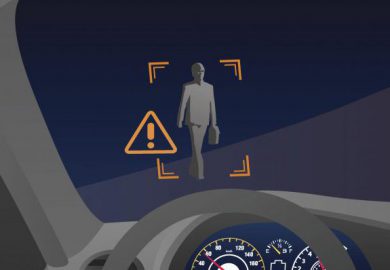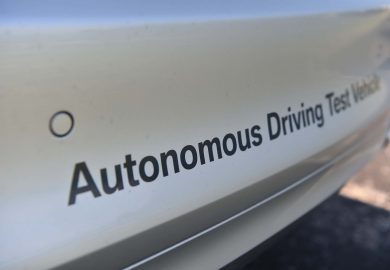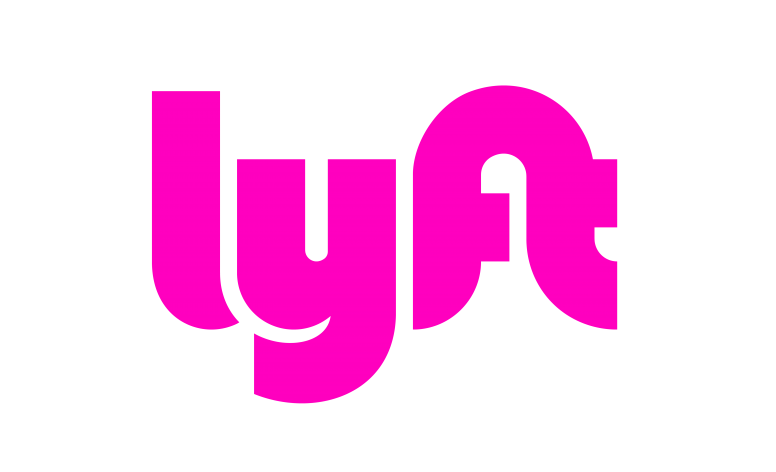Lyft is a network transportation company that matches customers seeking car rides with drivers through its smartphone app platform. This process, which the company calls ride-sharing, allows potential riders to use the app to request a driver. Lyft promotes its service to users as a way to help reduce traffic and provide easy access to transportation. In this sense, the service is in direct competition with fellow ride-share company Uber.
Lyft’s current business model is centered upon passengers being matched with human drivers. According to Lyft Director of Product Taggart Matthiesen, the ride-sharing service will always include human drivers. Nevertheless, Lyft has been mobilizing its efforts in preparation for a world with more autonomous vehicles. Matthiesen insists that self-driving technology will bring additional services to the platform.
Lyft’s Push Toward Self-Driving Cars
While Lyft initially fell behind Uber in regard to autonomous cars, the company took advantage of a vulnerable time for its rival to regain ground. Uber encountered issues with accidents and traffic infractions, and it was the subject of a bitter intellectual property lawsuit with Waymo, an Alphabet/Google subsidiary, which was only settled in February 2018. During this time of tribulation for Uber, Lyft entered into various partnerships.
In September 2017, Lyft entered into a relationship with Drive.ai, a self-driving car startup that sprang from MIT, to deploy a pilot program with self-driving cars in the San Francisco area. The program will begin with about a dozen autonomous cars taken from Drive.ai’s own fleet of Lincoln MKZs and Audi A4s. All of these self-driving cars will have a human on board per California law.
Lyft Moves Toward Developing Its Own Software and Hardware
While late to the game of autonomous driving technology, Lyft finally jumped head first into the industry in July 2017. That month, Lyft announced that it had put together its own hardware and software division for autonomous car technology. Instead of building cars, Lyft intends to create the hardware and software that pilot autonomous cars. This technology will then be added to its open platform. In this flexible scheme, Lyft can partner with automakers and self-driving software companies alike.
Accelerating Partnerships
In September 2017, Lyft and Ford announced a partnership in which Ford will use Lyft’s open platform for its own on-demand autonomous ride service. This will allow Ford’s vehicles to integrate into Lyft’s system and learn how to respond during a number of real-world scenarios. Lyft and Ford say they will collaborate to ascertain the infrastructure necessary for deployment of Fords as autonomous rides.
While the Ford announcement was big, Lyft really gained a seat at the table the month prior when it reported a $1 billion investment from Google’s parent company, Alphabet. This increased the valuation of Lyft from $7.5 billion to $11 billion. At the time, this created a potential to hit a raw nerve for Uber, which was still involved in the intellectual property lawsuit with Google. Lyft, long playing catch-up with Uber, now found itself growing while Uber was beset with scandals and safety concerns. Beginning in January of 2018, Lyft began launching in more cities across the country and had almost become as pervasive as Uber.
Toward the end of 2017, Lyft also entered into a relationship with NuTonomy in order to provide a self-driving car service to a limited area of Boston’s Seaport district, which has become a technology center. The autonomous cars will be provided by NuTonomy. Through the partnership, the companies hope to expose the general public to the new technology, giving people a sense of how it will impact their lives. The companies also hope to use the feedback from participants in the pilot program to improve their systems. Human drivers are on board these cars as well to oversee any potential problems with the autonomous technology.
In March 2018, Lyft announced a partnership with GoMentum Station, the largest secure autonomous vehicle testing facility in the U.S. The facility is a 5,000-acre former naval weapons station in Concord, California. Lyft stated that the partnership will help speed up the timeline in bringing self-driving cars to the public.
While Lyft has acknowledged for a while that it believes that autonomous cars are the future of transportation, it now appears to be reconciling its money and efforts with this view. Lyft now calls on its customers to “join the self-driving movement.” In fact, the following benefits of self-driving cars are touted on its website:
- A 90% decrease in accidents.
- Traffic reduction.
- Reduction in car ownership.
- More affordable transportation.
- Fewer parking lots and more space for green spaces and homes.























